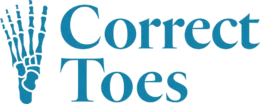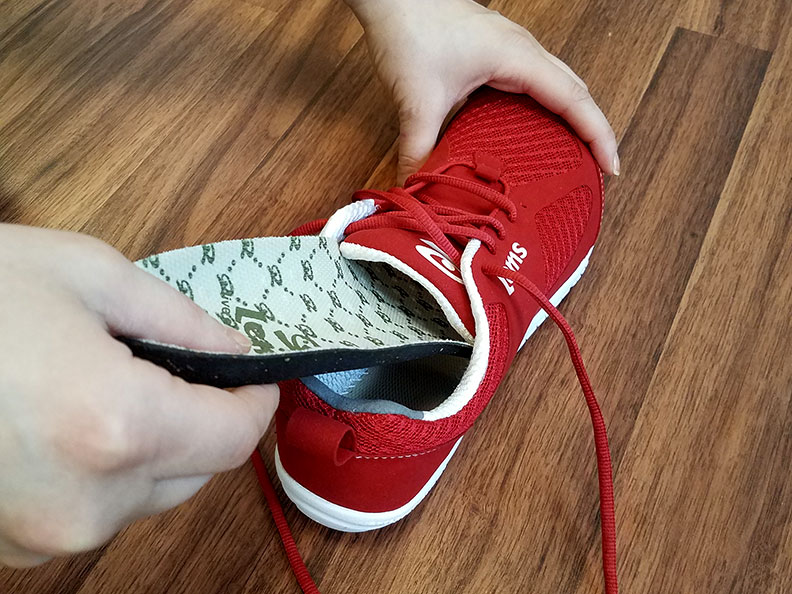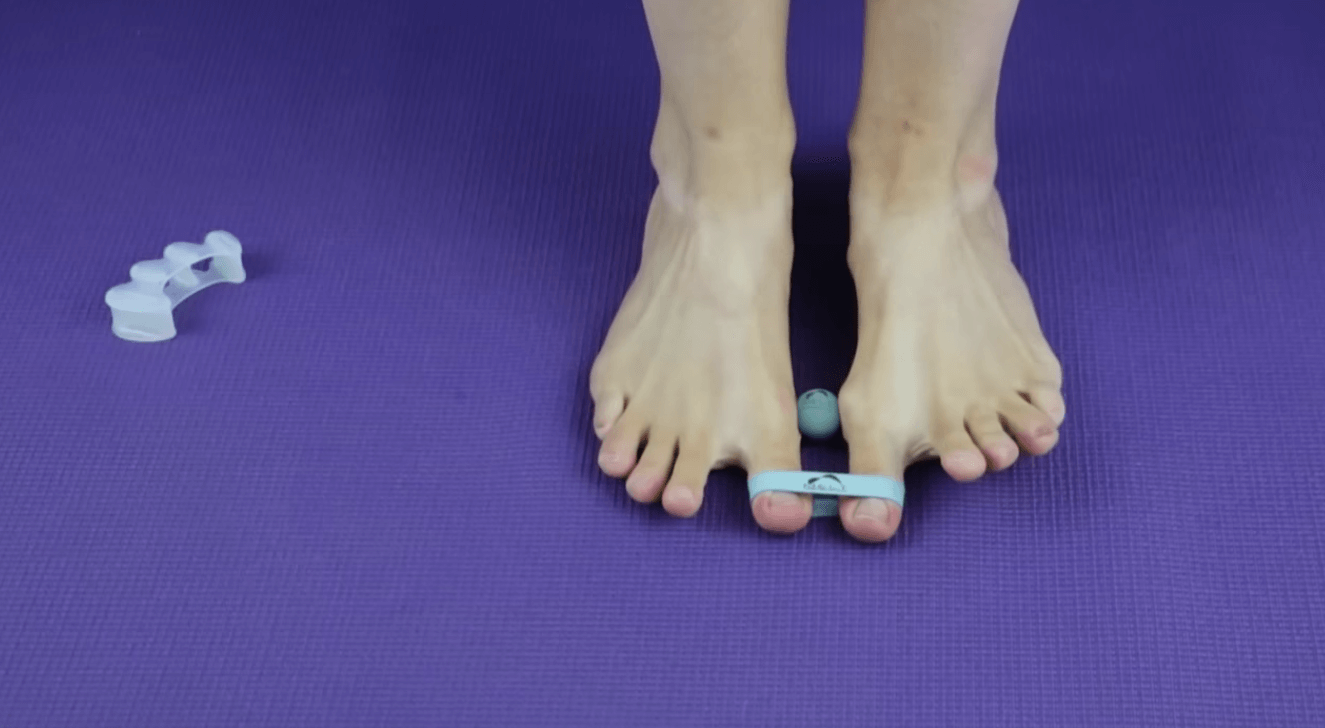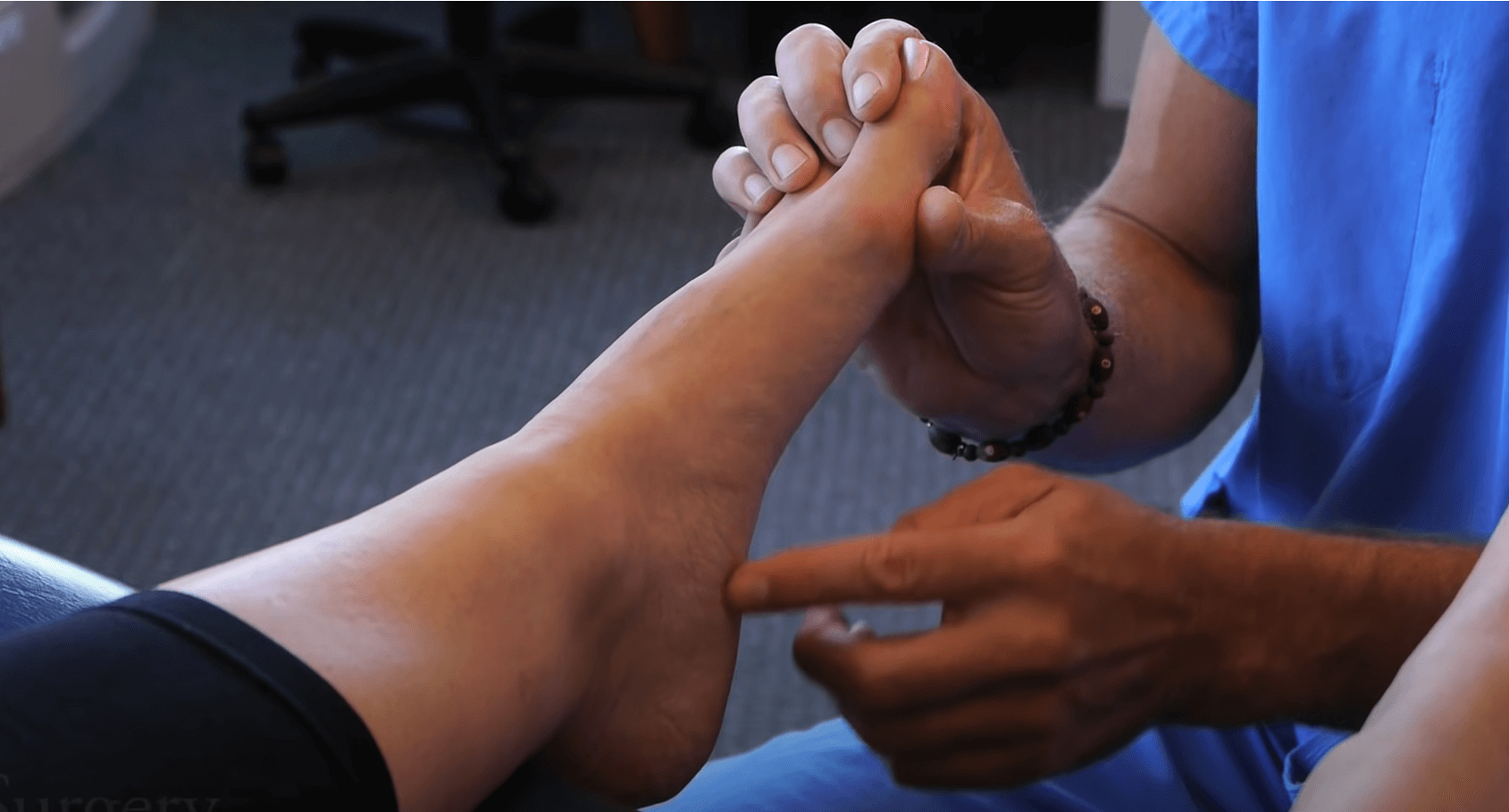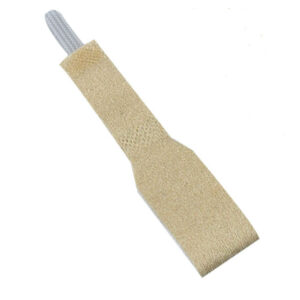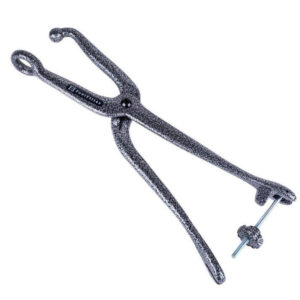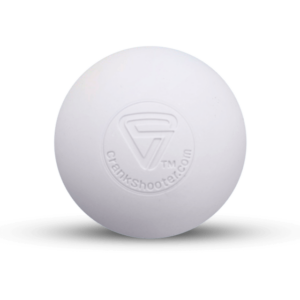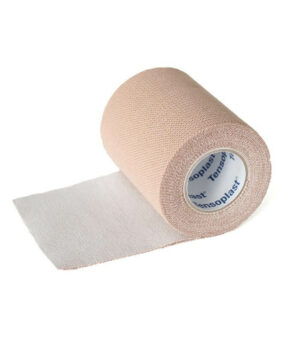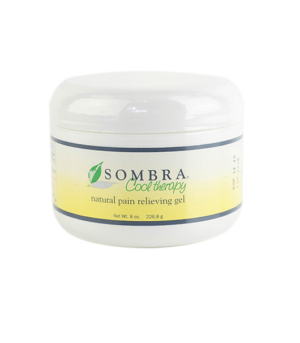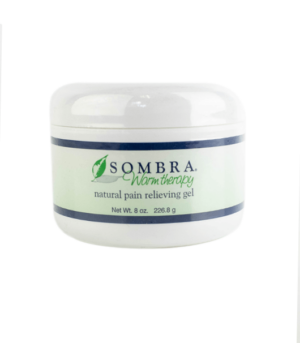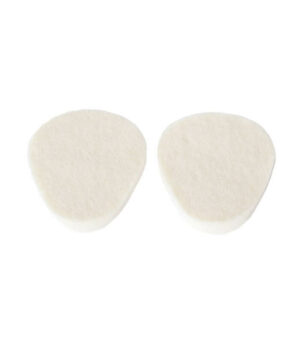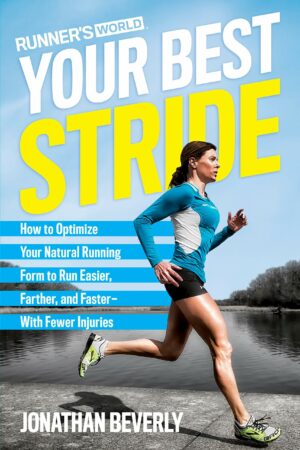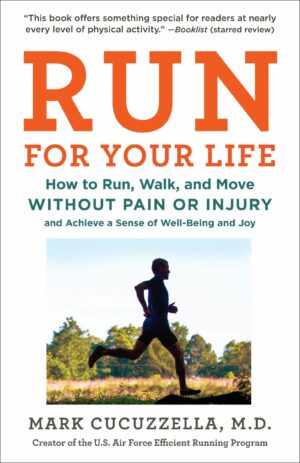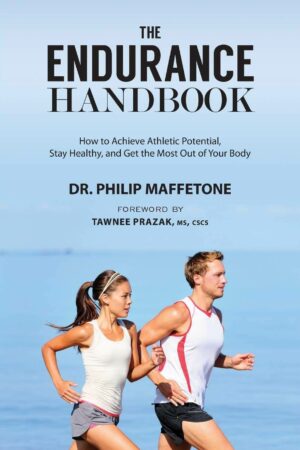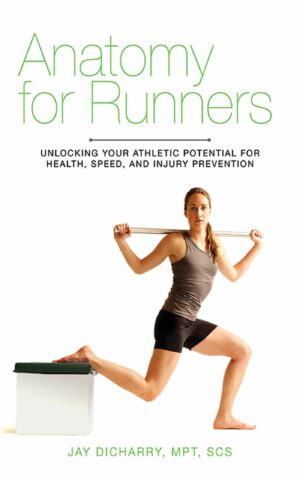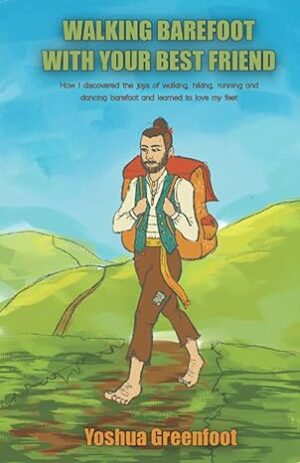Feet vary greatly in size, shape, strength, and ability from one person to another, and footwear can vary even more considering brands, sizing by country, styles, and functions. Often people buy shoes that end up fitting a little too small or a little to big, and shoe modifications can be beneficial in attaining an excellent custom shoe fit tailored to your unique foot.
If your shoes are just a little too small, here are some creative suggestions to help give you a little more room to create a healthier, more fit:
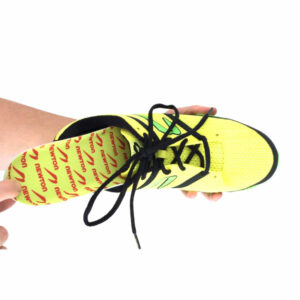 – Remove the shoe liner. Shoe liners take up extra volume inside shoes and only provide minimal extra cushioning. Removing the shoe liner allows the foot to sit deeper in the wider part of the shoe, creating more volume within the shoe. Here at Correct Toes and our podiatry clinic, NW Foot & Ankle, most of our employees and patients are encouraged to wear shoes without the insoles for this very reason.
– Remove the shoe liner. Shoe liners take up extra volume inside shoes and only provide minimal extra cushioning. Removing the shoe liner allows the foot to sit deeper in the wider part of the shoe, creating more volume within the shoe. Here at Correct Toes and our podiatry clinic, NW Foot & Ankle, most of our employees and patients are encouraged to wear shoes without the insoles for this very reason.
- – Use a ball and ring stretcher. This is used to stretch shoe uppers and is especially useful for stiff leather shoes. Stretching devices can be left within shoes for 12-36 hours to create your desired width. This can help to provide more room in a specific part of the shoe.
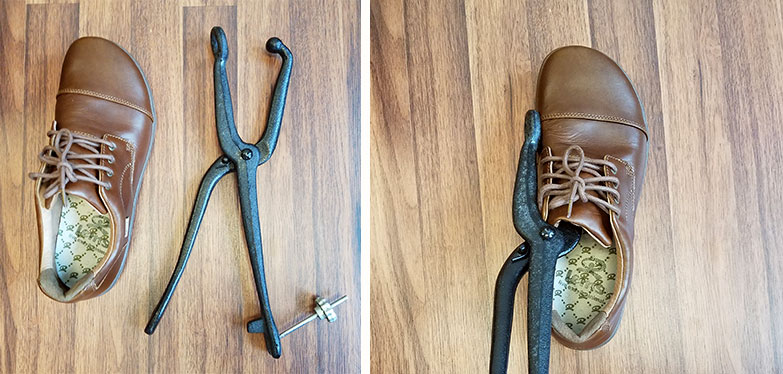
- – Cut slits into the upper fabric. With a small blade, scissors, or X-acto knife, cut slits into the sides and or top of the toe box like gills, which will allow for additional expansion. Slits can also be added just below the first eyelet to create more room for the toes. Similar to lacing shoe an eyelet back, this modification helps to create a roomier toe box.
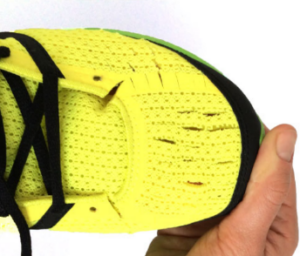
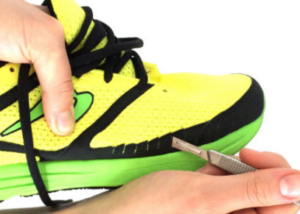
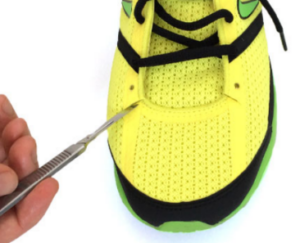
- – Cut a hole in the heel. If your heel is rubbing in the shoe and is painful or creating a blister and/or callus, consider removing part of the shoe’s heel counter that is pressing onto the heel of your foot. This is the first modification Correct Toes founder, Dr. Ray McClanahan, made into his very own running shoes; a major Aha! moment for Dr. Ray as he started to think: maybe I should try surgery for my shoes before surgery for my feet.
- – Lace shoes 1-2 eyelets back from the toe box. This allows the toe box a little more ability to stretch and accommodate a wide toe splay. Additional eyelets can be skipped to avoid pressure points. This modification is great to help fit Correct Toes more comfortably into a pair of shoes.
Conversely, sometimes people buy shoes that are just a little too big, or big in certain areas. Additionally, men’s shoes are often wider than women’s shoes. This typically allows for more room and a better fit for the forefoot but may be too wide to fit the heel. To help create a tighter, snugger fit in shoes that might be just a little too big, we suggest:
- – Utilize heel/runner’s lock lacing. The “extra” eyelet closest to the ankle can be used to create a heel lock that tightens the top of the shoe around the ankle. Lace shoes in a typical crisscross fashion up to the top eyelet, just before you get to the very last “extra” eyelet. Create a loop by inserting the lace into the “extra” heel lock eyelet on the same side of the shoe that the lace exited from; then cross the lace over again through the loop on the opposite side, pull tight, and finish tying up your shoe. This lacing style helps to keep the shoe tight around the shoe collar. See the GIF below for further clarification.
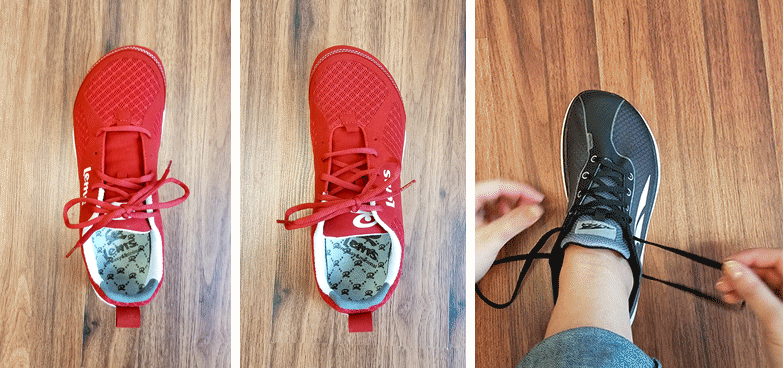
- – Add adhesive padding. For a tighter fit in roomier parts of shoe, place adhesive felt or foam padding that has been cut to fit the shoe. Common places to place padding are on either side of the heel beneath the ankle or on the underside of the tongue as a tongue depressor. Adhesive pads can help fill in space in specific areas within the shoe.
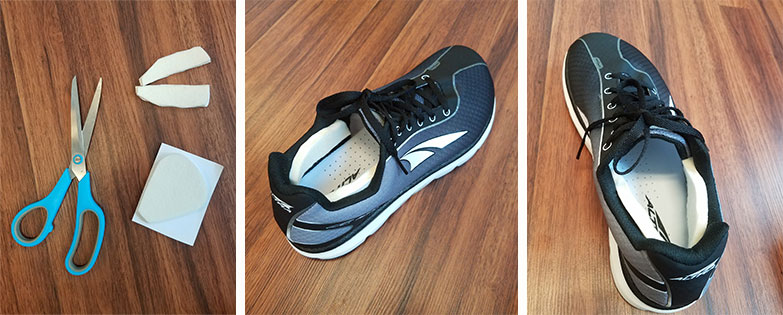
- – Wear thicker socks. Socks that are more heavily weighted and thicker can help to fill out a shoe universally, in all directions. Socks are mostly soft, pliable, and cushioned so they can easily fill space without putting too much pressure back onto your feet. Consider thicker socks if shoes feel a little bit bigger in all areas.
Whether your goal is to increase shoe volume or get a more intimate feel, these suggestions will keep your feet happy inside a variety of naturally shaped footwear. Check out our recommended shoe list!
Written by Dr. Andrew Wojciechowski
